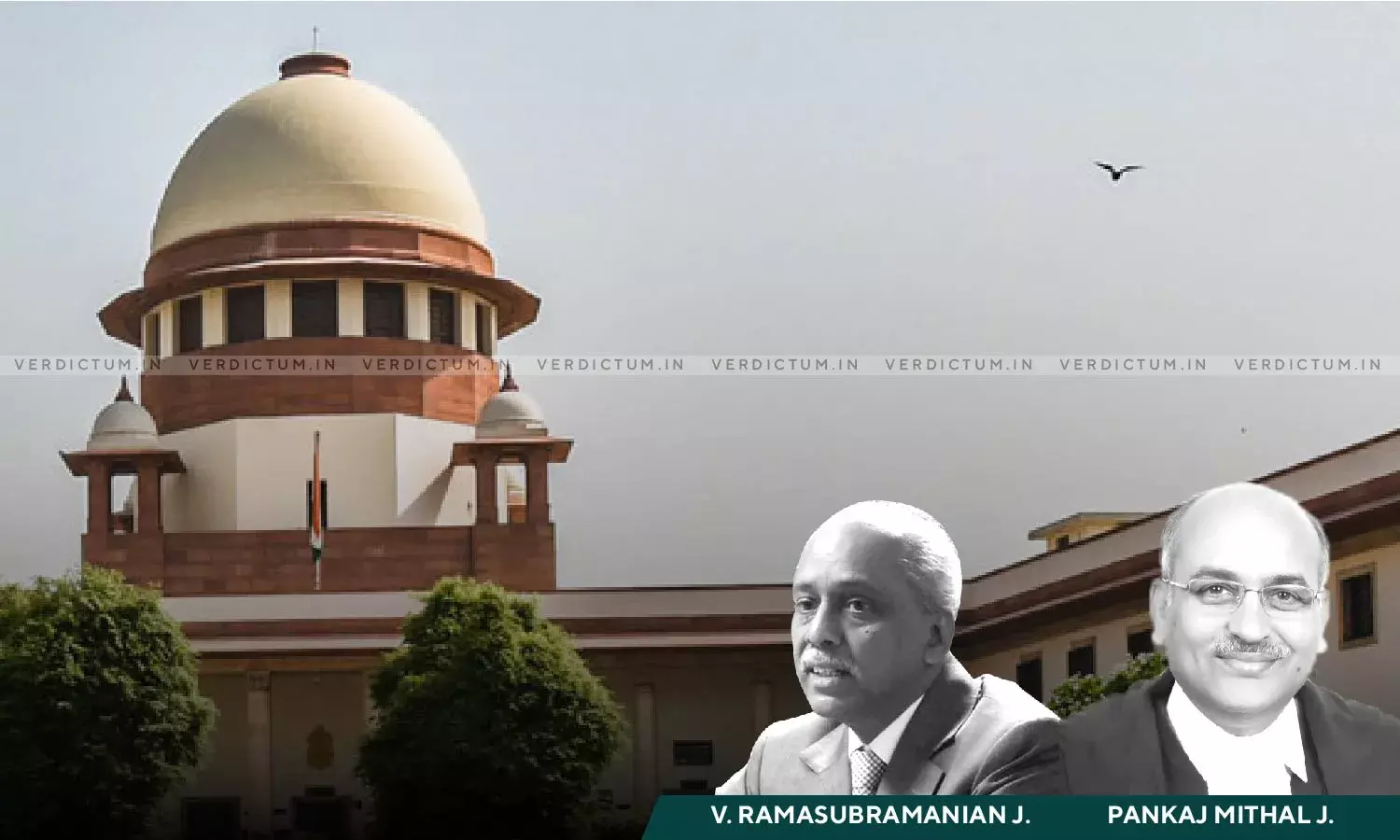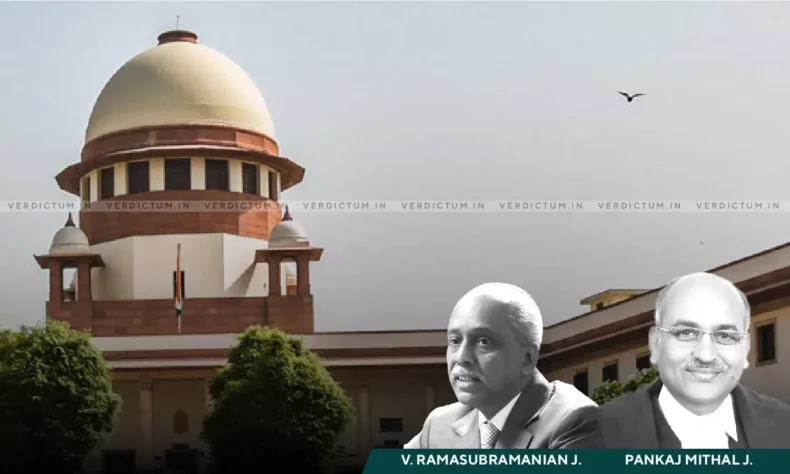
In a recent ruling in the case of Security Printing & Minting Corporation of India Ltd. & Ors. Etc vs Vijay D. Kasbe & Ors. Etc the Supreme Court of India, with a bench comprising of bench comprising of Justices V Ramasubramanian and Pankaj Mithal has held that government servants cannot claim double overtime allowance benefits under the Factories Act, outside the scope of their service rules. This decision has significant implications for government employees, who may no longer receive overtime pay.
Different Categories of Employment in India
The judgement reiterates the different categories of employment in India, which have distinct legal frameworks. These categories include:
- Employment that is protected under labour welfare legislation
- Employment that falls outside the purview of labour welfare legislations and is governed solely by the terms of the contract
- Employment of persons to civil posts or in the civil services of the Union or the State.
Appointment to a civil post or in the civil services of the Union or the State is considered a matter of status and is not strictly governed by a contract of service or solely by labour welfare legislation. Instead, it is governed by statute or statutory rules issued under Article 309 or its proviso of the Constitution of India. This means that civil servants have a unique position in Indian employment law, as their terms and conditions of employment are determined by statute, rather than by a contract of service or labour welfare legislations.
Background of the Case
The Supreme Court’s decision was in response to a claim by government employees who were seeking double overtime allowance benefits under the Factories Act.
The claim was rejected, stating that government employees cannot enjoy the benefits of both civil services and industrial establishments. Unlike those employed in factories and industrial establishments, government employees are required to place themselves at the disposal of the government all the time. This means that they cannot claim overtime allowances beyond the scope of their service rules, as this would be an attempt to get the best of both worlds.

Implications of the Judgement
The implications of this judgement are significant for government employees who were earlier eligible for overtime pay. With the rejection of their claim for double overtime allowance benefits, they may no longer receive overtime pay.
This decision is in line with the 7th Pay Commission’s recommendations, which stated that central government employees will not receive overtime allowance anymore. The Commission had recommended that the present system of payment of OTA be abolished and replaced with a system of compensatory leave.
Interpretation of the Law
The Supreme Court’s decision is in line with the legal framework of employment in India, which distinguishes between the different categories of employment. While it may not be favourable for government employees who were receiving overtime pay, it is a valid interpretation of the law.
The decision highlights the importance of understanding the different categories of employment in India, and the legal framework that governs them.
This judgement has significant implications for government employees who were earlier eligible for overtime pay. The ruling reiterates the importance of understanding the different categories of employment in India, and the legal framework that governs them.
While it may not be favourable for government employees, it is a valid interpretation of the law, and underscores the unique position of civil servants in Indian employment law.












